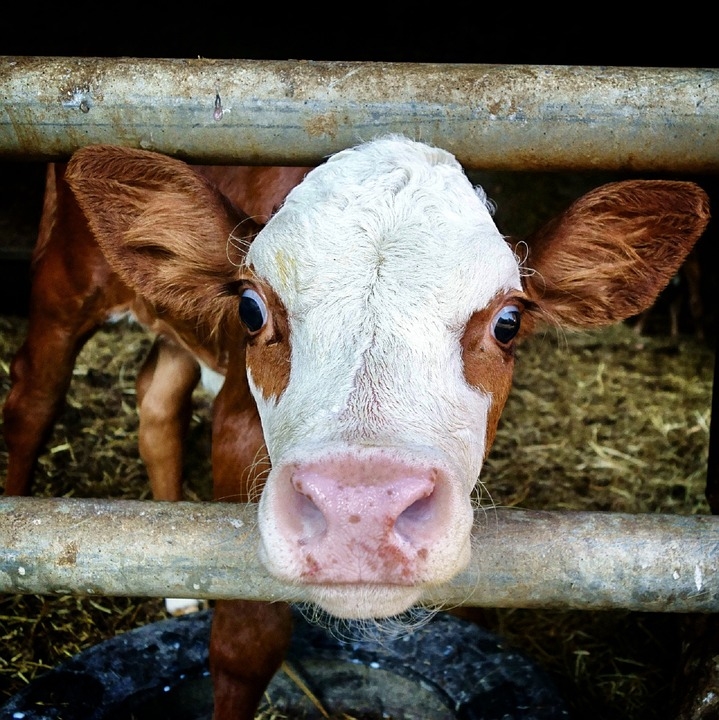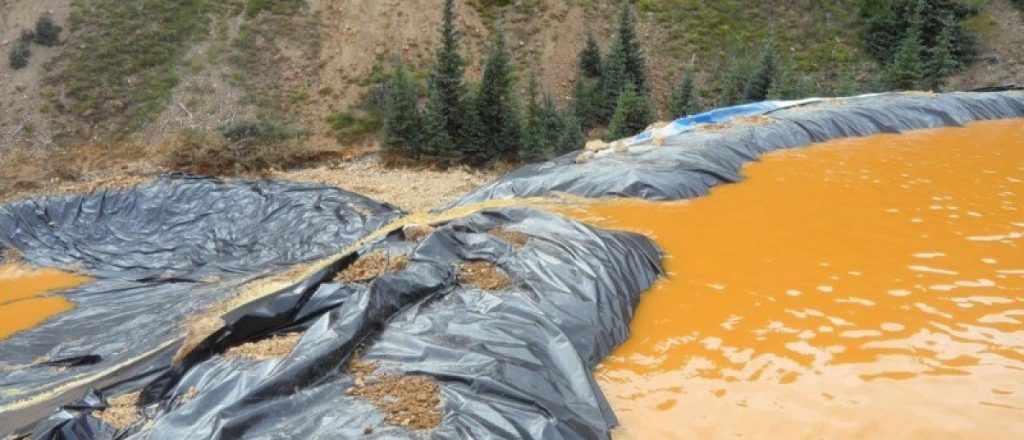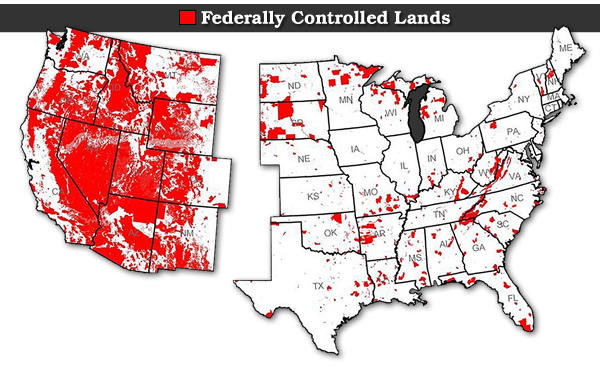Lawmakers passed the statute in response to public backlash against a dairy company whose employees were filmed abusing cattle by an undercover animal activist. The abuse was undeniable. But it occurred outside the presence of the dairy owner, who was mortified at what he later saw on tape and took appropriate action. The law made it a crime to make undercover recordings or gain employment under false pretenses at a farm.
For animal activists, an acquittal under an “ag gag” law would mean vindication, but a conviction could be better still — nothing is better than to be made a martyr.
The 9th U.S. Circuit Court of Appeals has struck down as unconstitutional most of Idaho’s so-called “ag gag” law, which criminalized hidden-camera recordings of farm operations.
The ruling rejected Idaho’s argument that prohibiting an audio or visual recording of agricultural operations is a form of regulating an activity, rather than an expression of speech.
While we sympathize with the circumstances that led the Idaho Legislature to pass the law in 2014, the law played fast and loose with the First Amendment and presented some thorny practical issues for producers who sought prosecutions.
Lawmakers passed the statute in response to public backlash against a dairy company whose employees were filmed abusing cattle by an undercover animal activist. The abuse was undeniable. But it occurred outside the presence of the dairy owner, who was mortified at what he later saw on tape and took appropriate action.
The law made it a crime to make undercover recordings or gain employment under false pretenses at a farm.
The appeals court upheld a trial court’s ruling that the law’s prohibition against making an undercover recording violated free speech rights. Specifically, the ruling rejected Idaho’s argument that prohibiting an audio or visual recording of agricultural operations is a form of regulating an activity, rather than prohibiting an expression of speech.
At the same time, the 9th Circuit said two provisions of the law — using misrepresentation to obtain records and employment with the goal of causing harm — should be allowed to stand. The law allows victims to claim a judgment equal to twice actual monetary damages.
Supporters say this largely vindicates the purpose of the law. Those are important protections.
From a public relations standpoint, enforcement of any part of the law would be problematic for producers. No matter how a defendant gains access to a property, the evidence against him will be a video of what will appear to a jury to be abuse against farm animals.
We see it possible for a producer to win on the merits, be handed a monetary award and exit the courthouse as the villain.
Free Range Report
Thank you for reading our latest report, but before you go…
Our loyalty is to the truth and to YOU, our readers!
We respect your reading experience, and have refrained from putting up a paywall and obnoxious advertisements, which means that we get by on small donations from people like you. We’re not asking for much, but any amount that you can give goes a long way to securing a better future for the people who make America great.
[paypal_donation_button]
For as little as $1 you can support Free Range Report, and it takes only a moment.



